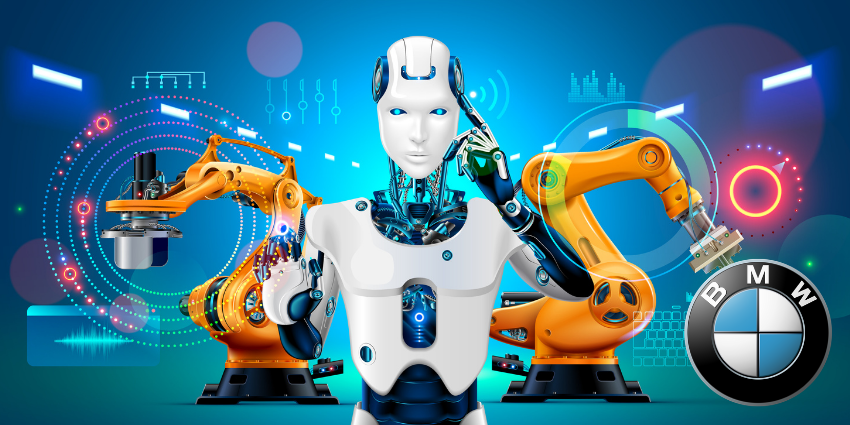German carmaker BMW is planning to start making drivetrains for electric vehicles at a factory in Regensburg, Bavaria, later this year. Before any new parts are made, the entire manufacturing process will run in realistic detail inside a virtual version of the factory.
Markus Grüneisl, Production Strategy Lead at BMW, said: “The simulation allows managers to plan the production process in greater detail than was previously possible.”
“We now have a perfect digital twin of our real-time production”, added Grüneisl.
As part of BMW’s plan to use more AI in manufacturing, the simulation is powered by a software platform Omniverse, developed by the chipmaker Nvidia, to recreate the Regensburg production line. Last year, BMW said it was using an AI platform called Isaac, also from Nvidia, to train robots for certain new tasks. The final goal would be to use simulation to have robots learn how to perform increasingly complex jobs.
“In the future, I am very positive that we can just put a new robot in this facility, and say, ‘OK, talk with the other robots and find the best way to produce this body”, said Grüneisl.
Manufacturers have used computer simulations to perfect their assembly lines for quite some time. Omniverse allows the entire production process to be as real as possible – with photo-realistic details and physical properties like gravity and different materials.
The software also simulates avatars of human workers grabbing parts and tools and assembling components in order to find the best procedure and avoid ergonomic problems. It would also make it possible to have fewer workers complete a particular job.
“We do AI simulation of how people move around the factory”, says Richard Kerris, General Manager for Omniverse at Nvidia. He calls the project “one of the most complex simulations that’s ever been done.”
Encouraged by recent progress in AI, many startups are focused on having robots learn in the simulation how to perform difficult tasks like handling irregular objects. Advancements in technology could help automate much e-commerce and logistics work, with help of reinforcement learning, an AI approach that uses an algorithm to experiment and learn based on positive feedback.







